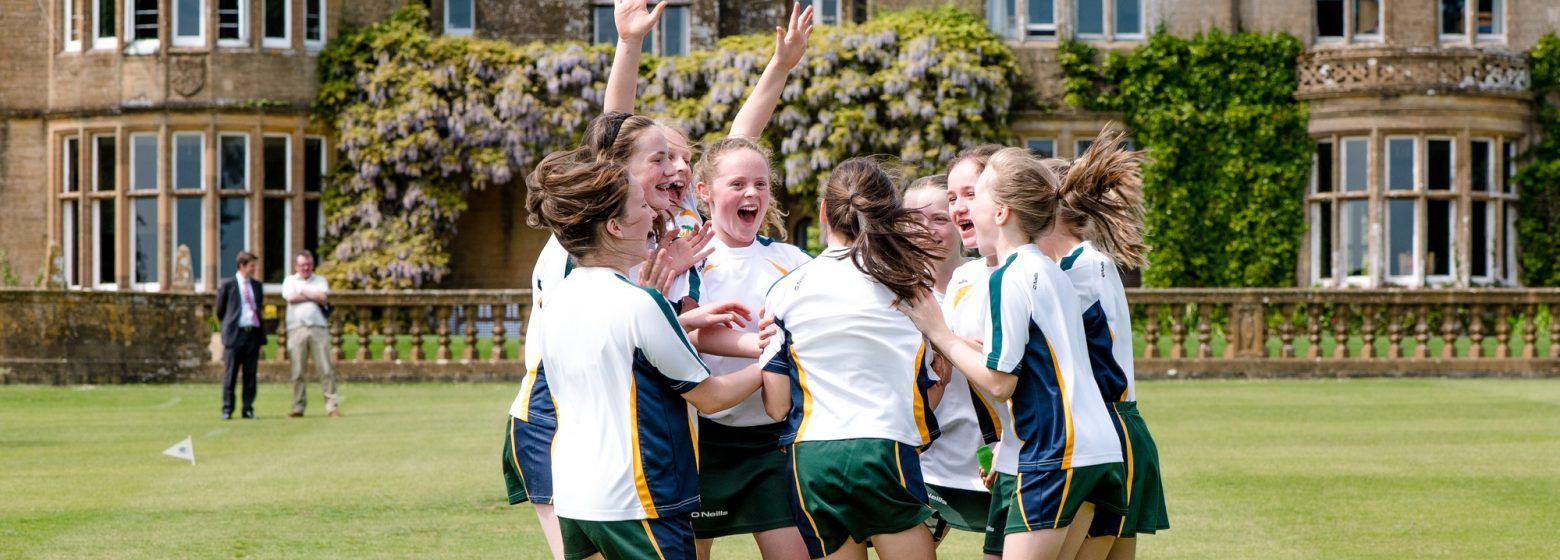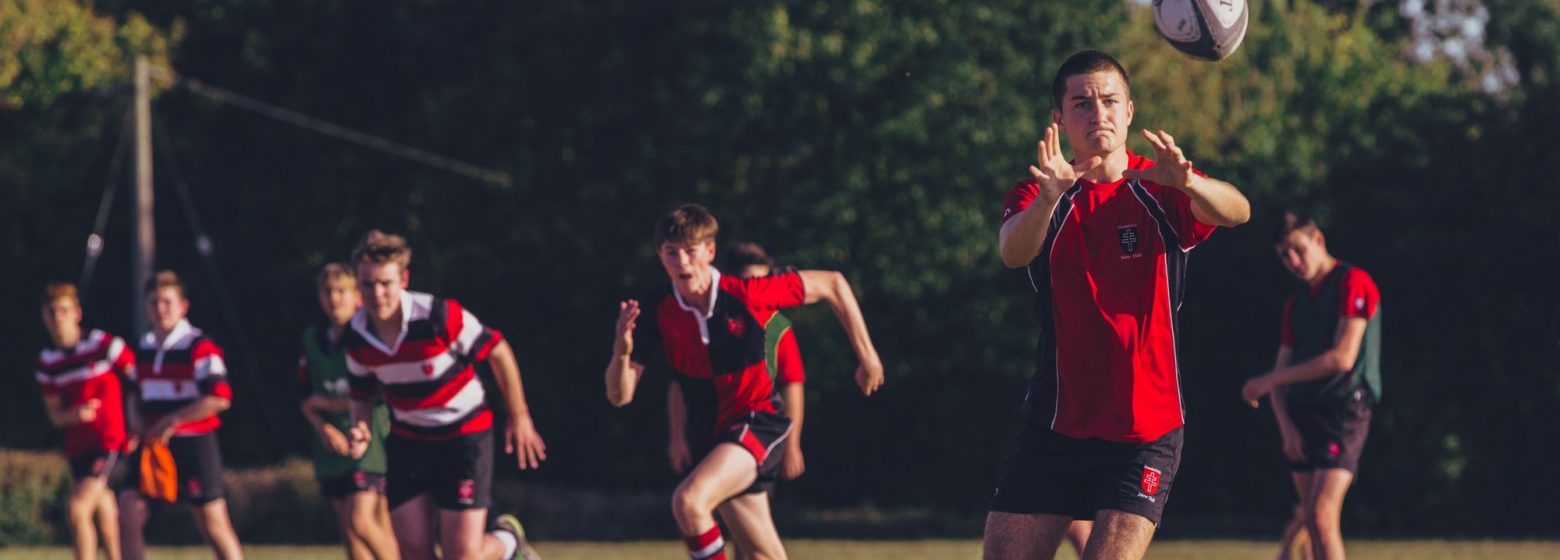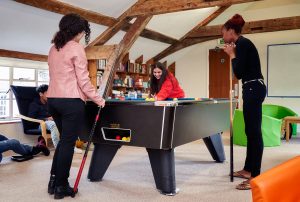Source: GOV.UK
The Prime Minister has today announced that a new national lockdown will come into force at 00:01 on Wednesday 6 January.
During the period of national lockdown, schools, alternative provision, special schools, and colleges will remain open to vulnerable children and young people and the children of critical workers only. Public vocational exams and assessments scheduled to take place in January will go ahead as planned. All other children and students will learn remotely until February half term.
Higher Education provision will remain online until mid-February for all except future critical worker courses.
All early years providers (including registered childminders but not including reception years in primary schools) can remain open during this period of national lockdown.
In these circumstances, we do not think it is possible for exams to go ahead fairly this summer. The Secretary of State for Education will be asking Ofqual to consult rapidly on an approach for alternative arrangements that will allow students to progress fairly.
We understand that schools and colleges may wish to open tomorrow (Tuesday 5 January) to allow for the distribution of remote education resources, and that is permitted within these rules, though not required.
We know that receiving face-to-face education is best for children’s mental health and for their educational achievement. We will be reviewing the restrictions on schools, colleges and universities and will ensure that children and young people return to face-to-face education as soon as the pressures are easing on the NHS.
This decision does not suggest that schools and colleges are no longer safe places for young people. Instead, limiting attendance is about reducing the number of contacts that all of us have with people in other households.
We have resisted closing schools until now, but in the face of the rapidly rising numbers of cases across the country and intense pressure on the NHS, we now need to use every lever at our disposal to reduce all contacts outside households wherever possible.
For vulnerable children and the children of critical workers, who can still attend school or college, as they did in March to May, and their teachers, the system of protective measures means that any risks are well managed and controlled.
We are responding to the intense pressure on the NHS, but that pressure is not driven by children. We are not seeing significant pressure from coronavirus (COVID-19) in paediatrics across the UK. The new variant appears to affect all ages but we have not seen any changes in the severity among any age groups, including children and young people.
The overwhelming majority of children and young people have no symptoms or very mild illness only. As cases in the community rise there will be a small increase in the number of children we see with coronavirus (COVID-19) who only rarely require admission to hospital.
Vulnerable children and children of critical workers who can attend school and college
During the period of national lockdown, schools and colleges should only allow vulnerable children and the children of critical workers to attend. Children with at least one parent or carer who is listed as a critical worker are eligible for a school place. It is not necessary for both parents to be critical workers.
Schools and colleges should speak to parents and carers to identify who requires a school place. If it proves necessary, you can ask for simple evidence that the parent in question is a critical worker, such as their work ID badge or pay slip.
The critical worker list has been updated to include new workforces whose work is critical following the end of the EU transition period. It is important these people are also identified as critical workers and their children can attend the education setting. This change will see a small increase in the overall number of critical workers.
Coronavirus (COVID-19) testing
The coronavirus (COVID-19) testing programme should be continued to enable weekly testing for staff and daily close contact testing for those staff and pupils attending secondary schools and colleges. This programme also allows schools and colleges to test pupils on return.
Attendance recording in schools
As vulnerable children are still expected to attend school full time, they should not be marked as Code X if they are not in school (except if they are shielding, self-isolating or quarantining). Schools and colleges should encourage vulnerable children to attend but if the parent of a vulnerable child wishes their child to be absent from school, the parent should let the school know that the pupil will not be attending. The Department for Education expects schools and colleges to grant such applications for leave given the exceptional circumstances. This should be recorded as code C (leave of absence authorised by the school) unless another authorised absence code is more applicable.
As with vulnerable children, critical worker parents and carers should let schools know if their child will not be attending and, if not, schools should grant a leave of absence (code C) given the exceptional circumstances.
All pupils who are not expected to be in school should be marked as Code X. They are not attending because they are following public health advice.
Free school meal provision
During the period of national lockdown, schools should continue to provide meal options for all pupils who are in school. Meals should be available free of charge to all infant pupils and pupils who are eligible for benefits-related free school meals who are in school.
Schools should also continue to provide free school meals or food parcels for pupils who are eligible for benefits related free school meals who are not attending school.
Guidance on free school meals has been produced by the Lead Association for Catering in Education, Public Health England and the Department for Education. It sets out some general principles for putting together a food parcel which will allow parents and carers to prepare simple and healthy lunches for their children at home across the week.
Food parcels must be distributed in line with guidance on social distancing at all times. During the national lockdown, families can continue collecting parcels where appropriate social distancing measures are in place.
Remote education
When teaching pupils remotely, we expect schools to:
- set assignments so that pupils have meaningful and ambitious work each day in a number of different subjects
- set work that is of equivalent length to the core teaching pupils would receive in school, and as a minimum:
- primary: 3 hours a day, on average, across the school cohort
- secondary: 4 hours a day, with more for pupils working towards formal qualifications this year
- provide frequent, clear explanations of new content, delivered by a teacher or through high-quality curriculum resources or videos
- have systems for checking, at least weekly, whether pupils are engaging with their work, and inform parents immediately where engagement is a concern
- gauge how well pupils are progressing through the curriculum using questions and other suitable tasks, and provide feedback, at least weekly, using digitally facilitated or whole-class feedback where appropriate
- enable teachers to adjust the pace or difficulty of what is being taught in response to questions or assessments, including, where necessary, revising material or simplifying explanations to ensure pupils’ understanding.
Our get help with remote education portal provides information, guidance and support on educating pupils and students during the coronavirus (COVID-19) outbreak. Additional information includes:
- statutory obligations and expectations
- safeguarding procedures to follow
- resources and examples of good practice to support remote education
- information about how to apply for funding to get access to devices, internet access and digital platforms
- supporting pupils with Special Educational Needs and Disabilities (SEND)
- support to help students falling behind including premium funding and support through the National Tutoring Programme
The information below has not changed since our last update:
Department for Education coronavirus (COVID-19) helpline
The Department for Education coronavirus (COVID-19) helpline and the PHE Advice Service (option 1) is available to answer any questions you have about coronavirus (COVID-19) relating to education settings and children’s social care.
- Phone: 0800 046 8687
Opening hours:
- Monday to Friday from 8am to 6pm
- Saturday and Sunday from 10am to 6pm
Please listen carefully to all of the available options before selecting the most appropriate option for your nursery, school, college or university.
Look up your unique organisation number (UON)
If you have not received your unique organisation number (UON) for ordering new coronavirus (COVID-19) test kits you can look it up using your unique reference number (URN) or your UK provider reference number (UKPRN) or by calling the Test and Trace helpdesk on 119.
Department for Education guidance
Our detailed guidance to support education providers, local authorities and parents during the coronavirus (COVID-19) outbreak will be updated shortly to reflect this position.
Categories: BSA News Uncategorised







